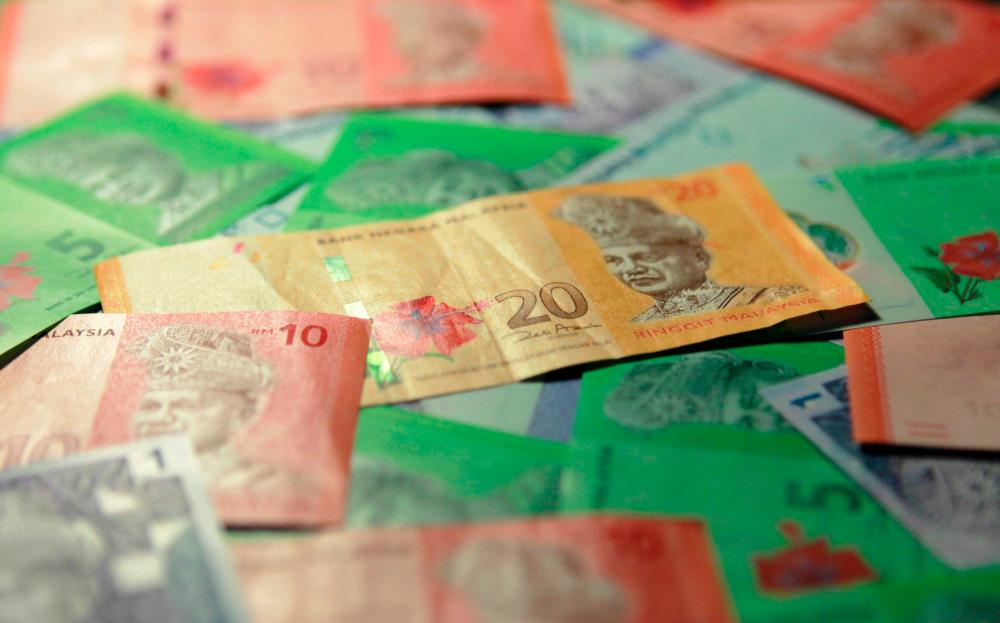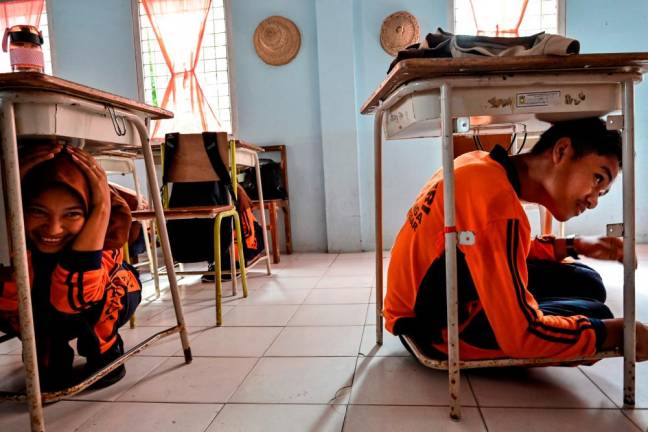THE Inland Revenue Board (IRB) has ratcheted up its operation to unearth delinquent individuals and business enterprises suspected to be outside the tax system. There are two types of tax evaders: the hardcore evaders operating in the “black economy” who are outside the tax system; and tax evaders in the system who consistently underdeclare their taxes.
Both groups take the view that they will pay taxes when they are caught. Unfortunately, this belief has gained credibility due to previous governments from time to time allowing taxpayers to participate in tax amnesty programmes which provided an opportunity to pay a much smaller amount of tax.
The best example was in 2018 when the then finance minister told taxpayers who had dodged taxes in the past to pay whatever sum they wanted, and it was to be accepted in good faith without any scrutiny.
What is the Inland Revenue Board (IRB) doing?
As stated in my article on July 4, 2022, IRB has a robust IT system and it uses artificial intelligence to connect the various sources of information it receives from its internal and external sources to identify tax dodgers.
They are connecting information that is available from documents sent for stamping, and other returns such as income tax returns, Real Property Gains Tax returns, Form CP58 (payment to agents, dealers and distributors), returns submitted by enterprises selling high value items, credit card information, remittances into and out of the country, and information obtained from the automatic exchange of information mechanism. Capital statements are also used to identify shortfalls in the declaration of income.
In the near future, IRB will be displaying the information (assets owned, liabilities undertaken, income earned, and other relevant information they can gather on the individuals and corporates) it has on taxpayers in a protected database which will be made available to the respective taxpayers. The aim here is to encourage taxpayers to come forward and voluntarily settle their past outstanding taxes.
Businesses involved in the cash economy such as building contractors/other contractors, businesses in the rural economy, food & beverage businesses, small and medium businesses that deal with consumers are known to be underdeclaring their income. This is a sector that IRB will keep a close eye on and will be done by comparing financial ratios of the selected enterprise against industry norms.
Once e-invoicing is introduced in 2023, it will become easier for IRB to identify and bring customers who are not within the system into the tax net.
Business enterprises should be careful dealing with items in the balance sheet since IRB will increase its focus on balance sheet items to unearth any hidden income.
It is a common belief that if you buy properties with loans, then IRB will not scrutinise your tax file. This is incorrect. IRB will go one step further and find out how a taxpayer is able to obtain large financing, and this may to lead to uncovering undeclared income.
IRB is scrutinising the award of government contracts and the parties involved in the layering of such contracts. There is a tendency for the middleman who are well connected politically to assume that they are untouchable and therefore they can get away. However, times are changing with current political environment being fragile, there is no assurance that tax dodgers will be forever protected.
How can the noose be tightened further?
Ordinary taxpayers diligently paying their taxes are quite fed up with tax dodgers. It is time for the tax authorities such as IRB and Customs to take a serious view of tax evasion and consider taking criminal action against taxpayers and in selected hardcore cases, not only seek tax recompense, but also jail sentences to act as a deterrence to other tax dodgers.
This article is contributed by Thannees Tax Consulting Services Sdn Bhd managing director SM Thanneermalai (www.thannees.com).










